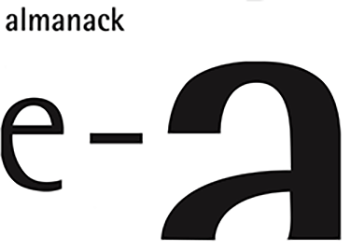Abstract
Travel literature emerged as a cultural practice associated to overseas European expansion. From being at first associated to the curious stories and adventures of the first Portuguese and Spanish voyages to Africa as well as to the Middle and the Far East, travel literature consolidated as a synonym of knowledge just as the Scientific Revolution established increasingly stable patterns of truth, authenticity and objectivity. Between the end of the XVIIth century and the end of the XVIIIth century, colonial powers, which were involved in an intense struggle to control the seas and its overseas territories, sought to legitimate their expansionist projects by organizing expeditions based on the principles of the Enlightenment which were held at the time. They thus oriented their expansionist projects so as to gather universal knowledge on the planet, its vegetable and animal species, and its societies and cultures. By means of analyzing the collection of travel literature kept at the library of the Buenos Aires Ethnographic Museum, the present essay seeks to identify the characteristics of these expeditions and the narratives that described them in order to connect them to the international context in which they were produced, the imperial policy of each State and the similarities and differences of the cultural and social conditions of the audiences interested in them.
Keywords:
voyage literature; overseas expansion; Enlightenment; Science; colonial rivalry
